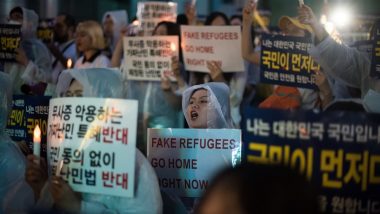The arrival of refugees from Yemen has sparked a debate in South Korea about accepting these asylum seekers.
Those saying no are making their voice heard. More than 7,00,000 South Koreans have signed a petition calling on the government to revoke the refugee applications of 550 Yemenis and have them expelled from the island of Jeju. The protest against these people fleeing war and starvation in Yemen has taken on Islamophobic overtones. Due to these protests, the South Korean government has banned refugees from traveling to mainland South Korea and also revoked visa free travel from Yemen.
The president’s office typically responds to petitions that garner over 200,000 signatures, but so far president Moon Jae-in, himself the son of refugees from North Korea, has stayed silent on the issue.
As reported by many media outlets, residents of the resort Island of Jeju where these refugees are housed, fear that the refugees will rape their women and kill their children. The Guardian reports that an online forum for mothers on Jeju that usually discuss pram reviews or the best preschool have turned overwhelmingly political in recent months. “I am absolutely against having refugees,” one woman wrote. “I really hate the thought of people with the religion of Islam living on Jeju in a large number.”
Jeju has a population of around 600,000 and a recent survey with 500 islanders revealed 90 percent felt insecure about going outside since the Yemenis' arrival.
A rise in fake stories and anti-Islam propaganda online has also spurred on the protesters in South Korea but, according to Il Lee, a human rights lawyer, who also says that the anti-refugee sentiment is not new in Korea. There are also worries that the spread of false information is going by unnoticed and the government's apparent lack of involvement in the matter has failed to calm down the situation.
This weekend, around 100 anti-refugee campaigners hosted a fourth protest outside Seoul Station to demand from the government to deport all the "fake refugees" from Jeju and not accept any other asylum seekers.
South Korea’s acceptance of refugees shows the country’s conservative attitude towards accepting new ethnicities. Of about 10,000 people who applied for asylum last year, only 1.2%, or 121 cases, were accepted, according to South Korea’s justice ministry. The principal of ethnic purity still runs strong in the country – danil minjok or monoethnic nation – as an idea was part of the official school curriculum in South Korea until the UN advised it should be removed in 2007.
(The above story first appeared on LatestLY on Aug 14, 2018 06:57 AM IST. For more news and updates on politics, world, sports, entertainment and lifestyle, log on to our website latestly.com).


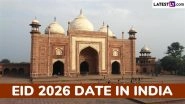


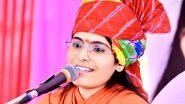
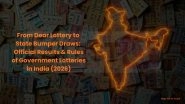
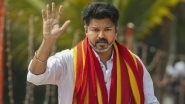

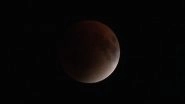

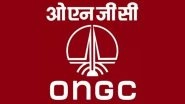

 Quickly
Quickly